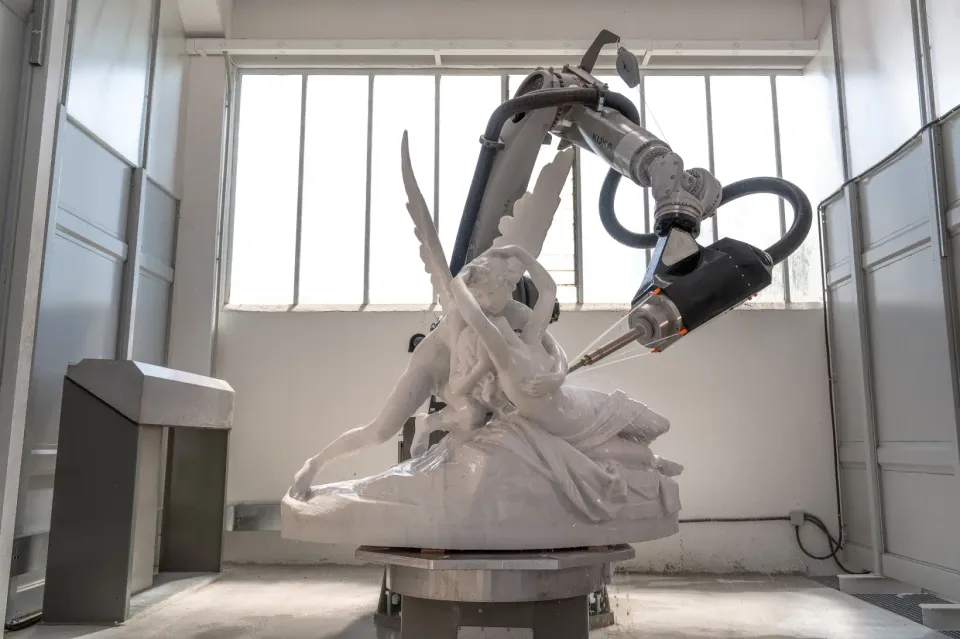.build

Tools, systems, workflows, and projects in active development.
Some of these are software-based. Some are writing infrastructures. Some are personal protocols that became external frameworks. Most were built out of necessity, experimentation and frustration, but all with the need to make something real.
This is where things move from theory to object—from conceptual to testable.
Expect:
- half-functional tools I’m still testing
- publishing and process systems I’m trying to live inside
- design patterns for digital architecture and creative constraint
- builds that feed into
.modelsor get deprecated - projects you can be part of, just contact me here
project 1. the bower publishing platform
A protocol for publishing, collaboration, thinking, and paying writers for their work.
Think: ideas → drafts → finished pieces - in an ever evolving system.
It’s weird. It’s principled. It’s being built as you read this.
Read the model → or see the build spec if you’re a developer and want to help shape it.
project 2. presence protocol
A coordination model for systems operating under stress—digital, social, or cognitive.
Presence Protocol is designed for environments where people, nodes, or processes drop out, mutate, or recover unpredictably—and where full continuity can’t be assumed.
Instead of enforcing static roles, rigid consensus, or heavy rollback, it creates adaptive pathways for movement, re-entry, and survival under pressure.
Think: drift fields instead of checkpoints. Gesture-based negotiation instead of schema handshakes. Residue-traced memory instead of central logs.
It’s built to model real-world uncertainty, not theoretical stability.
If you're interested in distributed systems, protocol design, or resilience engineering, this project is open for collaboration.
Read the model → or view the developer callout if you want to help build the runtime layer.
project 3. staff meal provided
A digital infrastructure for tracking, aggregating, and responding to the real conditions of hospitality work.
Staff Meal Provided is a worker-first data platform designed to map the lived experience of hospitality from the inside out. It starts with structured, anonymous surveys—focused on emotional, operational, and systemic conditions—and grows into a toolset for workers, owners, consumers, and media to act on what’s uncovered.
This isn’t a feedback form. It’s a pressure-sensing mechanism for an industry where burnout is endemic, conditions are opaque, and power is rarely distributed. The platform gives workers a private dashboard of their responses, generates a high-level snapshot of the industry, and offers venues anonymised insight into the forces shaping their teams.
The prototype has been built on no-code tools for speed and accessibility (Softr, AI tools, Airtable, Notion, Zapier, Typeform), the MVP includes:
- 50 curated surveys (split across functional and non-functional variables)
- Anonymous user registration
- Personal dashboards with non-interactive insights
- A public-facing snapshot report of industry-wide findings
It’s already structured for scale: the system is modular, the business model is multi-pronged (consulting, subscriptions, reports, workshops), and the long-term roadmap includes interactive dashboards, predictive analytics, and emotional telemetry.
This project came out of necessity—not theory. And like all my builds, it lives at the intersection of structure, pressure, and meaning.
Read the project outline.
Want to help build or test? Contact me here.
project 4. sos feature
A live incident-marking and recovery tool for hospitality workers—pressure-aware, privacy-first, and built to keep moments from disappearing.
This feature lets workers log difficult or disorienting moments during service with a single tap—text or audio. No form-filling. No confrontation. Just a simple record of what happened, when it mattered.
The next day, they get a gentle follow-up: “Want to revisit that?”
Depending on how they respond, the system offers tailored pathways:
Mild → decompression prompts, journaling, peer support
Moderate → workplace dialogue tools or HR routing
Severe → immediate access to crisis and advocacy support
Each SOS entry is private by default, but over time, these traces inform broader insights across the Staff Meal Provided platform: workplace stress maps, recovery patterns, and silent signals that often go unseen.
This isn’t about reporting—it’s about remembering.
And recovery begins with recognition.
Built with:
- Local-first encrypted logging
- Reminder scheduling and priority tagging
- Severity-based triage logic
- Integration with the Staff Meal Provided dashboard
If you want to help prototype, build, or test this: contact here or check the developer spec.